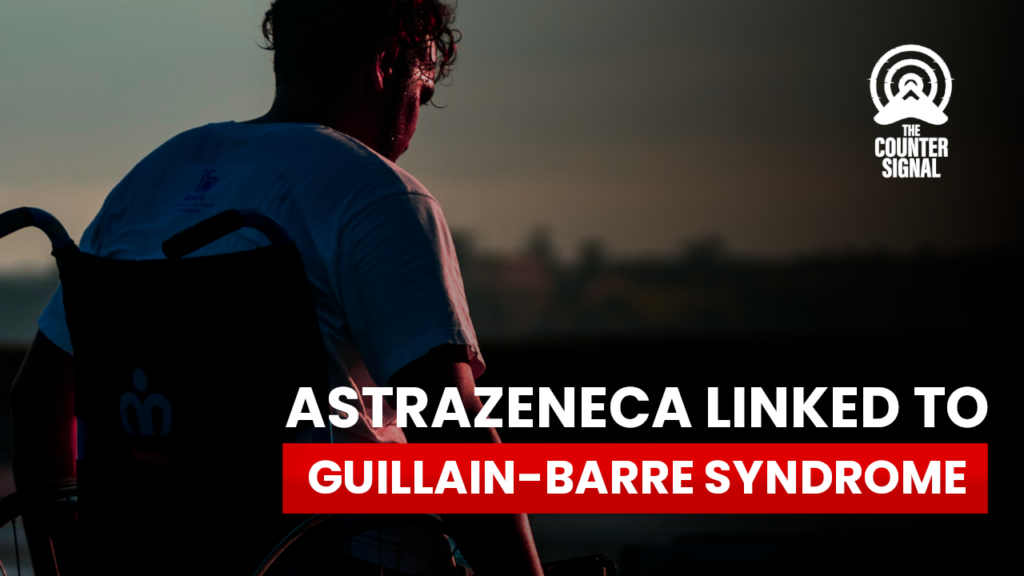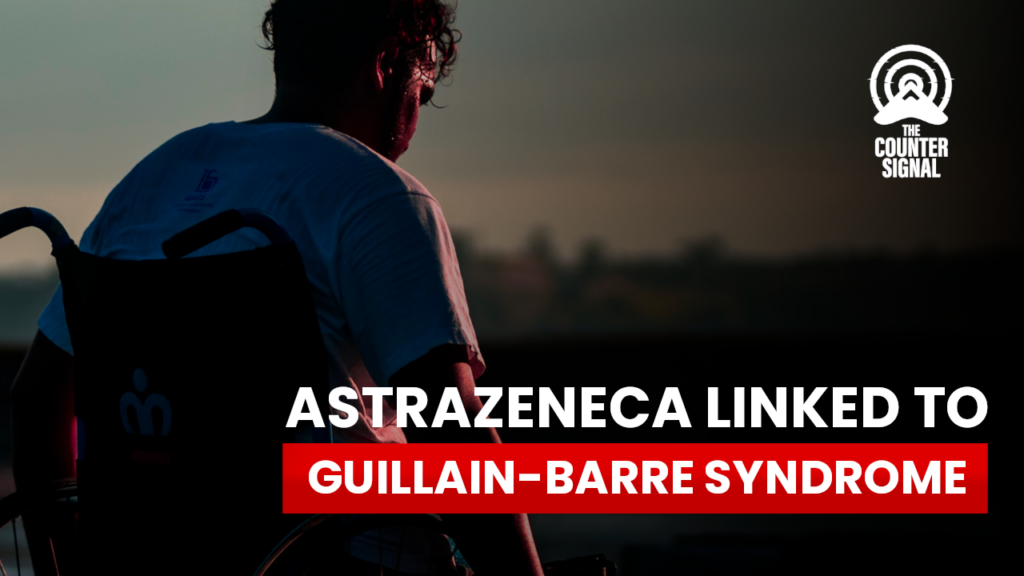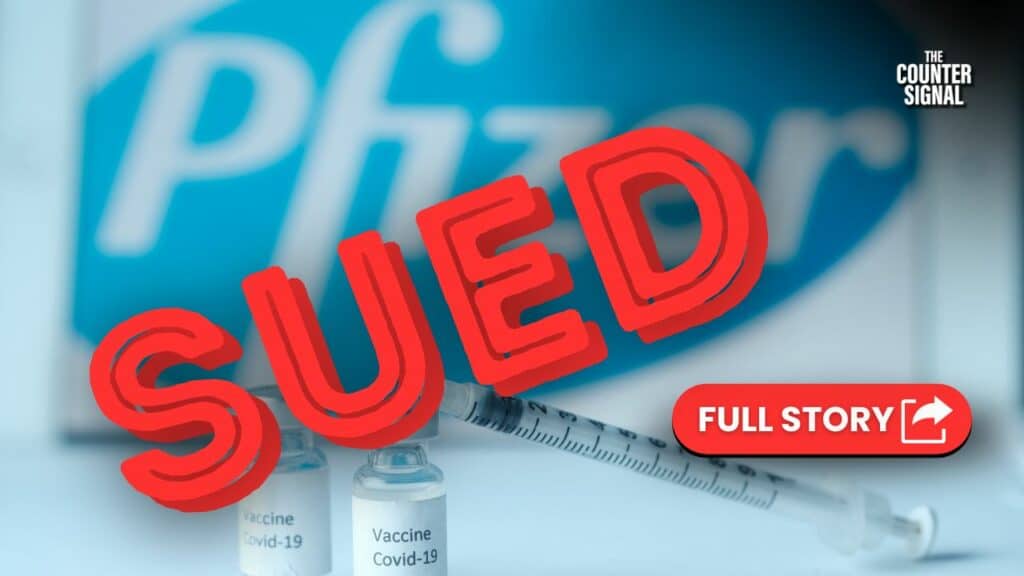Researchers at the University College London have confirmed a rise in cases of Guillain-Barre syndrome, a potentially fatal neurological disorder, following inoculation with the AstraZeneca vaccine.

Researchers say they have found a rise in cases of Guillain-Barre syndrome within two to four weeks after receiving the AstraZeneca vaccine but have not found a similar surge following inoculation with the Pfizer and Moderna vaccines.
They add that, while this is still speculation, the link may result from how the AstraZeneca vaccine delivers COVID spike proteins to the body (i.e., through a weakened chimp adenovirus referred to as a Trojan horse delivery system).
“At the moment, we don’t know why a vaccine may cause these very small rises in GBS,” says Prof Michael Lunn.
“It may be that a non-specific immune activation in susceptible individuals occurs, but if that were the case, similar risks might apply to all vaccine types. It is, therefore, logical to suggest that the simian adenovirus vector, often used to develop vaccines, including AstraZeneca’s, may account for the increased risk.”
According to the Mayo Clinic, Guillain-Barre syndrome is a rare neurological disorder that causes the body’s immune system to attack nerves. This initially leads to weakness and tingling in the extremities but quickly progresses throughout the body, often resulting in paralysis and the inability to walk, speak, or eat. While most recover, the disorder has a fatality rate of 4 to 7 per cent. Moreover, many patients experience lingering effects, including weakness, numbness, and fatigue.
There is no cure for GBS.
As reported by The Telegraph, following a single dose of AstraZeneca, researchers found an excess of 5.8 cases per million doses, leading to an excess of 98-140 cases of GBS between January-July 2021 in the UK.
Other researchers have also found that other vaccines, such as the Johnson & Johnson vaccine, similarly lead to a heightened risk of developing GBS.












